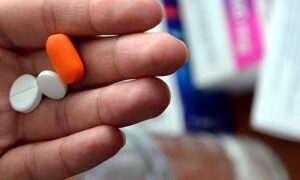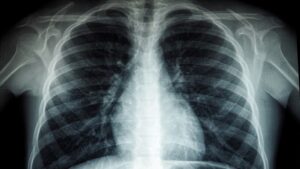[ad_1]
WHAT IS BRADICARDIA?
Bradycardia means low (slow) heart rate. An adult sitting still should have a normal heart rate of 60-100 per minute. In the presence of bradycardia, the heart rate is below 60. Bradycardia does not cause any problems or complaints in some people. Sometimes it can have serious consequences. It is important to consult a specialist, as a low heart rate may be due to a problem with the electrical systems of the heart.
WHAT CAUSES BRADYCARDY?
There can be many different causes behind bradycardia. An important part of these reasons are problems related to heart health. We can list the causes of bradycardia as follows:
– Hypertension,
– Congenital heart diseases,
– Myocarditis, i.e. inflammation of the heart muscle,
– Heart problem with the covers
– Tissue damage in the heart due to advancing age,
– Tissue damage in the heart due to a heart attack,
– Heart surgery effect,
– LYME disease,
– Hypothyroidism, that is, low secretion of thyroid hormones,
– Drugs used (rhythm disorder, blood pressure drugs, tranquilizers, etc.)
– Sleep apnea,
– Problems with chemicals in the blood,
– Inflammatory diseases such as rheumatic fever or lupus,
– Cigarette consumption,
– Consumption of drugs and large amounts of alcohol,
– Stress and anxiety.
SYMPTOMS OF BRADYCARDY
The cause of the symptoms that occur due to bradycardia is the insufficient oxygen delivered to the brain and other organs through the blood. Symptoms of bradycardia include:
– Don’t get tired quickly,
– shortness of breath,
– Pain in the chest area,
– Fainting for no reason
– Confusion, difficulty concentrating
– Problems with memory,
– Dizziness, blackout
– Lack of energy,
– Heart palpitations.
HOW IS BRADYCARDIA TREATED?
Borderline or occasional bradycardia may not require treatment. If there is an underlying cause of more serious or prolonged bradycardia, that condition is eliminated first. For example, if a heart rate-lowering drug is used directly or if there is a drug intake that causes a slow heart rate with side effects, the drug dose can be adjusted or discontinued first.
Heart rateIt is important to take the drugs that reduce the blood pressure as directed by the doctor, to monitor the heart rate while increasing the drug dose, and to be careful when using more than one drug that has a heart rate lowering effect together in order to prevent bradycardia.
Regular check-ups and low heart rateIt is extremely important to consult a cardiologist in cases suggestive of rheumatoid arthritis in order to prevent adverse events.
In cases where there is a very low heart rate or a complaint not related to the drug or other temporary condition Heart battery may be required. The pacemaker regulates the rhythm of the heart, accelerating the heart rate as it should.
Follow NTV on social media
[ad_2]
Source link






